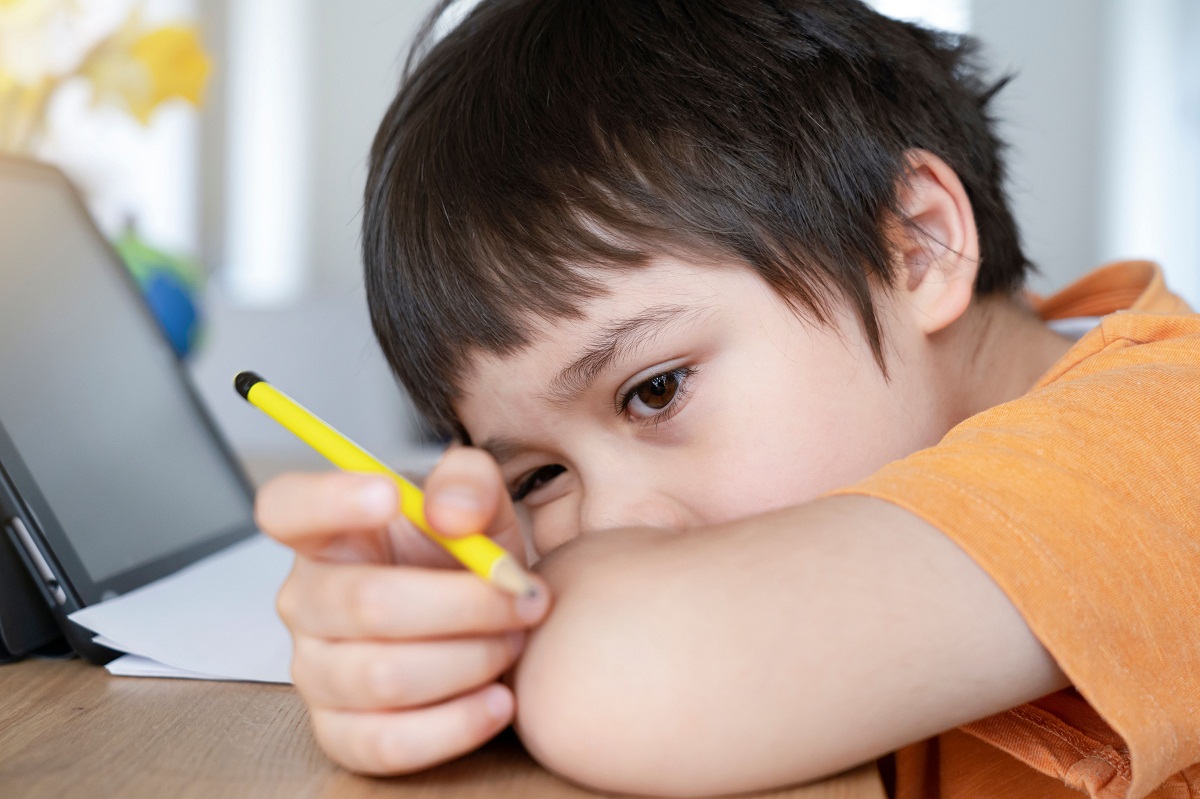While COVID-19’s impact on adults is inevitable, children are just as affected. The pandemic has disrupted their daily routines like attending school and playing outdoors. In addition, strict social distancing measures force kids to keep masks on and limit, if not avoid, physical contact with family members and friends.
“Seeing their parents stressed, frustrated, and mentally exhausted from the effects of the pandemic only fuels their worry and fears,” says Anna Josefina Vazquez-Genuino, MD, Child & Adolescent Psychiatrist at the Section of Psychiatry in Makati Medical Center (MakatiMed).

Unlike adults who have experience in dealing with stressful situations, children do not, so they tend to act out by being cranky, rude, overly quiet or sensitive. “Watch out for red flags like insomnia or oversleeping, eating too much or too little, body aches and pains, keeping to oneself for days, and clinging to parents when they leave the house for work or errands,” adds Dr. Vazquez-Genuino.
The doctor gives practical ways to support children’s mental health and wellbeing during this pandemic, including the following:
Respect what they have to say. This is not the time to scold or dismiss the feelings of the younger people in the household, says Dr. Vazquez-Genuino. “Encourage them to express themselves and assure them that you will get through this pandemic together,” she adds. Kids need to feel they are valued and that their feelings are validated; they need to be reassured about their fears; if it’s something unrealistic, explain to them what can be done to resolve or allay them.
Limit gadget time. This pandemic has given families an opportunity to be together thus we might as well grab it to do enjoyable things together and to do a variety of activities. From sharing stories, playing games – computer, board or physically active – to zoom parties, watching movies and outdoor activities.
Introduce new and fun activities. Cheer up a dreary home atmosphere with animated storytelling, videoke nights, and lively board games. Fill up lulls in the day by teaching kids how to cook, do the laundry, develop their interest in taking care of plants, or organize their study area. “This takes their mind off their worries and gives them the social interaction they’re looking for,” Dr. Vazquez-Genuino explains.
















This might interesting because we are in that situation wherein kids are the most affected by this . thanks for sharing.